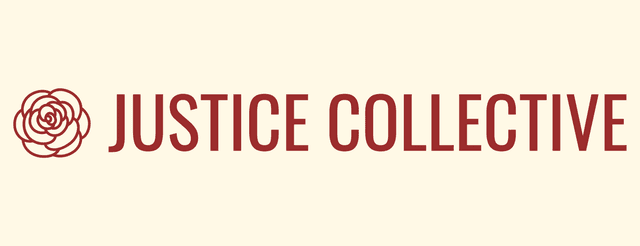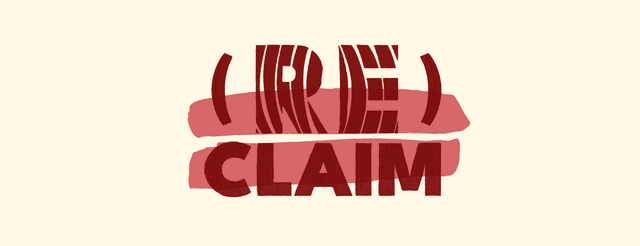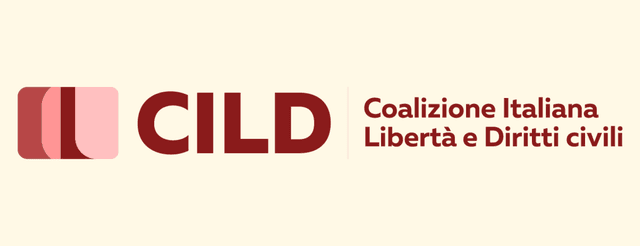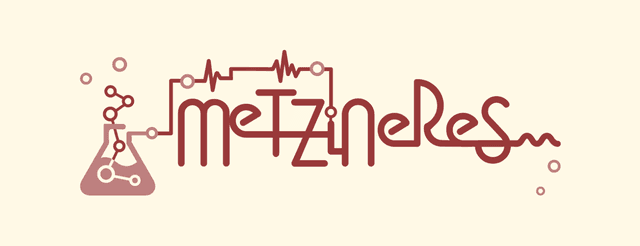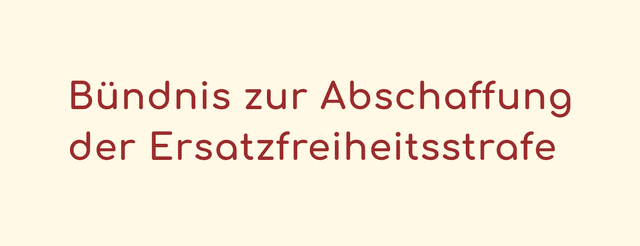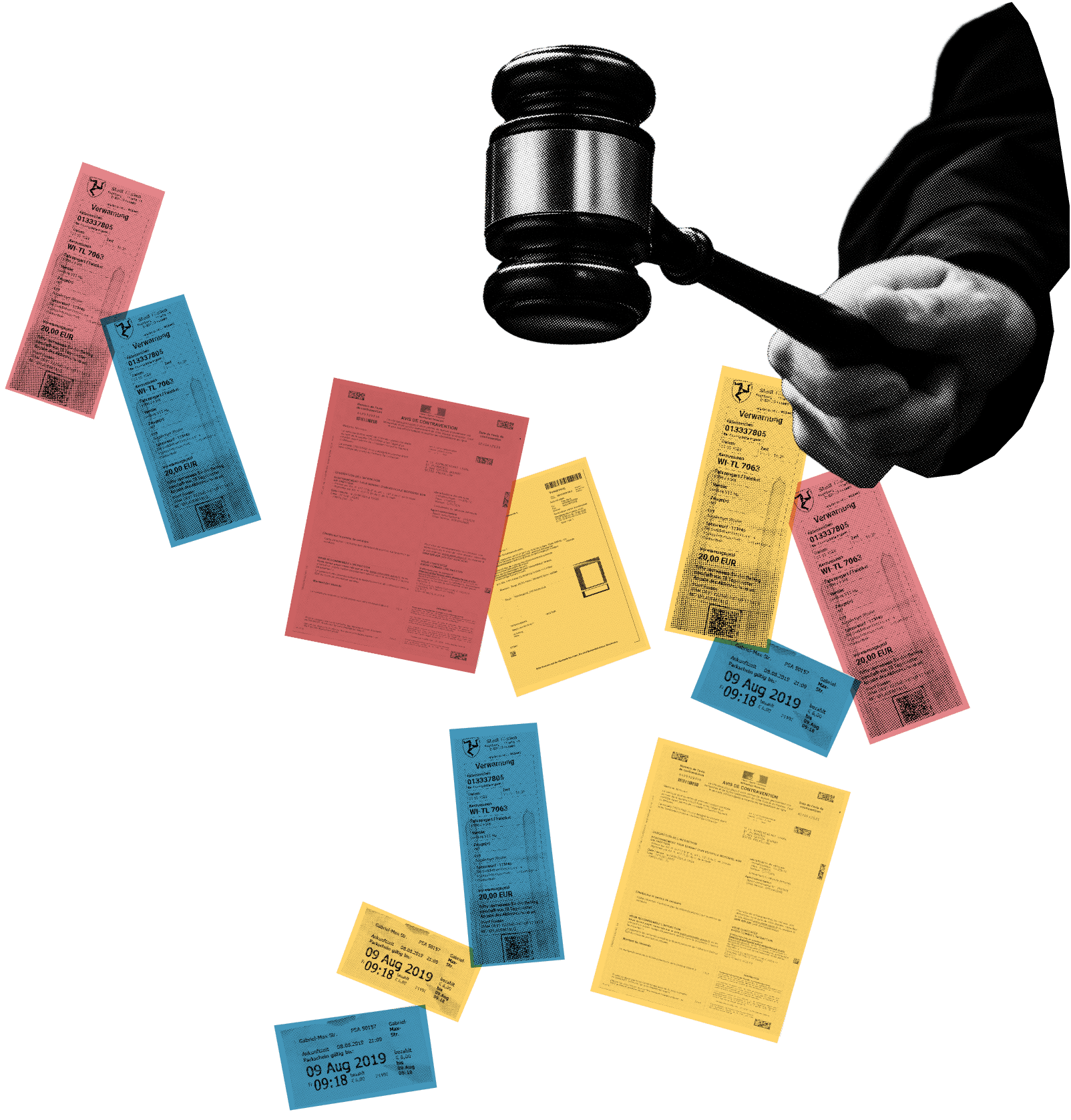
Minor Offenses
Major Punishment
A campaign to expand EU procedural rights to minor offenses
Initiated by Justice Collective and (RE)Claim
The widespread and discriminatory enforcement of minor offenses has major consequences for poor, racialized, and migrantized communities across Europe.
Every year, millions of people across Europe are sentenced to minor offenses. They are punished for public order, traffic-related, drug, migration, or other low-level offenses. Some enforcement is aimed at removing people perceived as “undesirable” from public places. In other cases, people are sanctioned for so-called poverty-offenses such as riding the train without a ticket or petty theft.
The most common sanction is financial penalties, which low-income people cannot pay, at times leading to jail. Their debts impede access to basic necessities, including food, electricity, housing, education, and employment, and harm overall health and well-being. People may also be sentenced to severe sanctions such as probation or prison. Regardless of the sentence, criminal convictions are a barrier to a more secure migration status. Taken together, these practices and policies mean that people remain trapped in their circumstances, exacerbating inequities in entire families and communities, as people (often women) band together to support their loved ones.
What’s more, the harms of these practices are unequally distributed. People are routinely and discriminatorily targeted by enforcement for minor offenses because of their poverty, migration or social status, presumed racial, ethnic, national, or social origins and identities, gender or sexuality, housing status, and/or the intersection of these and other factors.
European Union law allows for this reality in part because it exempts minor offenses from directives guaranteeing fundamental procedural protections for individuals in criminal cases. The directives provide for a right to interpretation and translation, a right to information, access to a lawyer and legal aid, the presumption of innocence, and safeguards for children. Relying on arguments of efficiency, countries across Europe are doing away with even the barest of procedural protections to punish people experiencing poverty or who are otherwise marginalized.
European law needs to close gaps in procedural protections. That’s why we are calling on the EU to extend the procedural rights directives to so-called “minor” cases.
Campaign Statement
Our Coalition
Learn more on our blog

26th April, 2024 | Lanna Hollo
Country Profile: France | Multiple fines disproportionately target poor, racialized communities
Country Profile: France | Multiple fines disproportionately target poor, racialized communities
Part of a pattern of discriminatory harassment by law enforcement, discriminatory and abusive fines for minor offenses are a rapidly growing problem in...
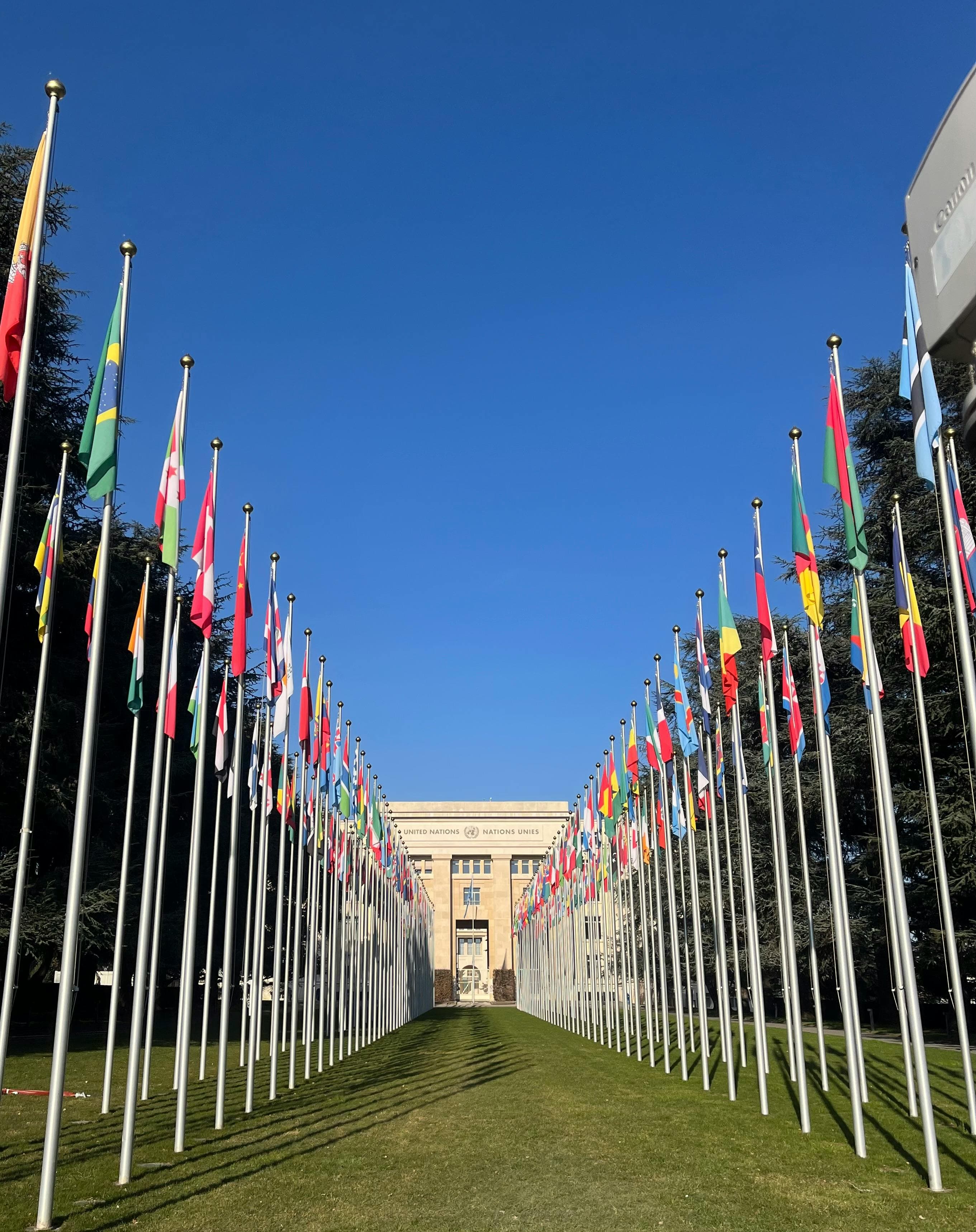
25th April, 2024 | Mitali Nagrecha
Members of “Minor Offenses, Major Punishment” Campaign submit testimony to UN on the mass fining of people from poor, racialized communities across Europe
Members of “Minor Offenses, Major Punishment” Campaign submit testimony to UN on the mass fining of people from poor, racialized communities across Europe
(RE)Claim/MCDS (France), Hungarian Helsinki Committee (Hungary), and Justice Collective (Germany) urge the UN Special Rapporteur on the right to adequa...
About us
Fine Justice is a project of RE(Claim) and Justice Collective.
RE(Claim)
(RE)Claim believes in the power of law to advance social and racial justice. We leverage legal tools in bold and creative ways to contribute to ending systemic discrimination. We work with grassroots groups, communities, organizations and movements, lifting up their voices and perspectives, to realize the principle of equality in practice. Our legal advocacy strategies bolster collective power building efforts of groups and communities most directly impacted by racism and discrimination and amplify the impacts of classic strategies such as legislative advocacy, public education, communication and grassroots organizing, increasing pressure for systemic change.
Justice Collective
Justice Collective is a Berlin-based organization that engages in activism, public education, and research on issues of policing and punishment. We seek to reveal and challenge the ways in which punishment targets people from racialized groups, people experiencing poverty and inequality, and those making a life for themselves in new places. Our goal is to end society’s reliance on policing, punishment, and prisons. We are co-founders of a coalition to end debtors’ prisons in Germany (Bündnis zur Abschaffung der Ersatzfreiheitsstrafe) and conduct court watching in Berlin’s criminal courts.
